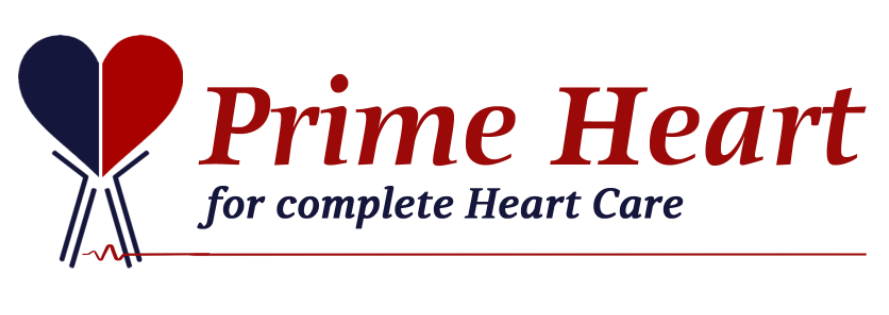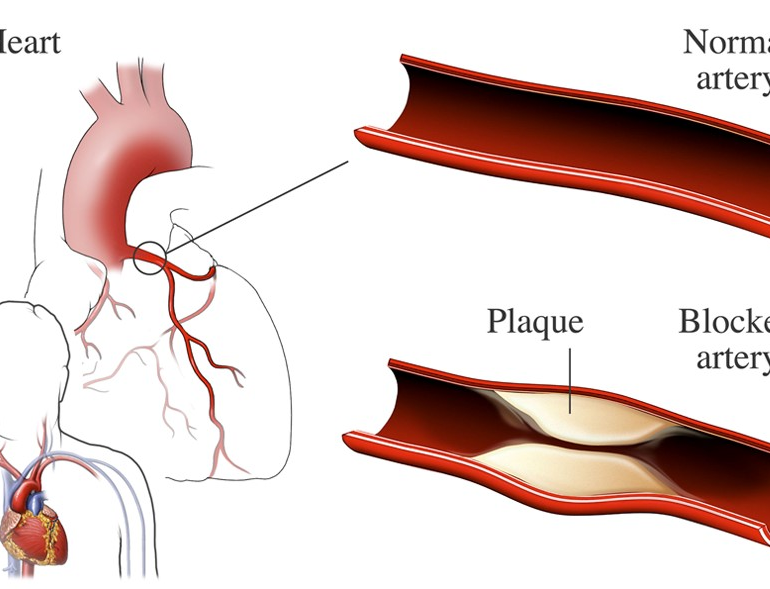Cholesterol is a waxy, fat-like substance found in the cells of the body and in certain foods. It is essential for the body’s normal functioning and is used to produce hormones, vitamin D, and substances that help digest food. However, high levels of cholesterol in the blood can increase the risk of developing heart disease, stroke, and other cardiovascular conditions.
Types of Cholesterol:
Cholesterol circulates in the blood in two main forms: low-density lipoprotein (LDL) and high-density lipoprotein (HDL). Triglycerides are another type of fat found in the blood.
- Low-density lipoprotein (LDL) cholesterol: Often referred to as “bad” cholesterol, LDL cholesterol can build up in the walls of the arteries, forming plaque that narrows the arteries and increases the risk of heart disease and stroke.
- High-density lipoprotein (HDL) cholesterol: Known as “good” cholesterol, HDL cholesterol helps remove LDL cholesterol from the bloodstream and transport it to the liver for excretion from the body, reducing the risk of heart disease.
- Triglycerides: Triglycerides are a type of fat found in the blood that provides energy to the body’s cells. Elevated triglyceride levels are associated with an increased risk of heart disease, especially when combined with low HDL cholesterol levels.
Cholesterol and Heart Disease:
High levels of LDL cholesterol, along with low levels of HDL cholesterol, can lead to the formation of plaque in the arteries (atherosclerosis), narrowing the arteries and reducing blood flow to the heart and other organs. This can increase the risk of heart attack, stroke, and other cardiovascular conditions.
Risk Factors for High Cholesterol:
Several factors can contribute to high cholesterol levels, including:
- Unhealthy diet: Diets high in saturated fats, trans fats, and cholesterol can raise LDL cholesterol levels.
- Lack of physical activity: Regular exercise helps lower LDL cholesterol and raise HDL cholesterol levels.
- Obesity and overweight: Excess weight, particularly abdominal fat, can increase LDL cholesterol levels and decrease HDL cholesterol levels.
- Smoking: Tobacco smoke damages the walls of the arteries, making it easier for LDL cholesterol to build up and form plaque.
- Genetics: Family history and genetic factors can influence cholesterol levels and the risk of heart disease.
Management of Cholesterol:
Lowering LDL cholesterol levels and raising HDL cholesterol levels can help reduce the risk of heart disease. Lifestyle changes, such as adopting a heart-healthy diet, getting regular exercise, maintaining a healthy weight, quitting smoking, and managing stress, can help improve cholesterol levels. In some cases, medications such as statins, cholesterol absorption inhibitors, or PCSK9 inhibitors may be prescribed to lower LDL cholesterol levels and reduce the risk of cardiovascular events. Regular cholesterol screenings and medical check-ups are important for monitoring cholesterol levels and assessing overall heart health.



